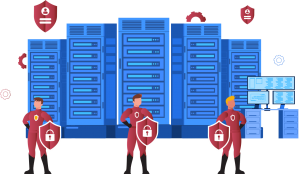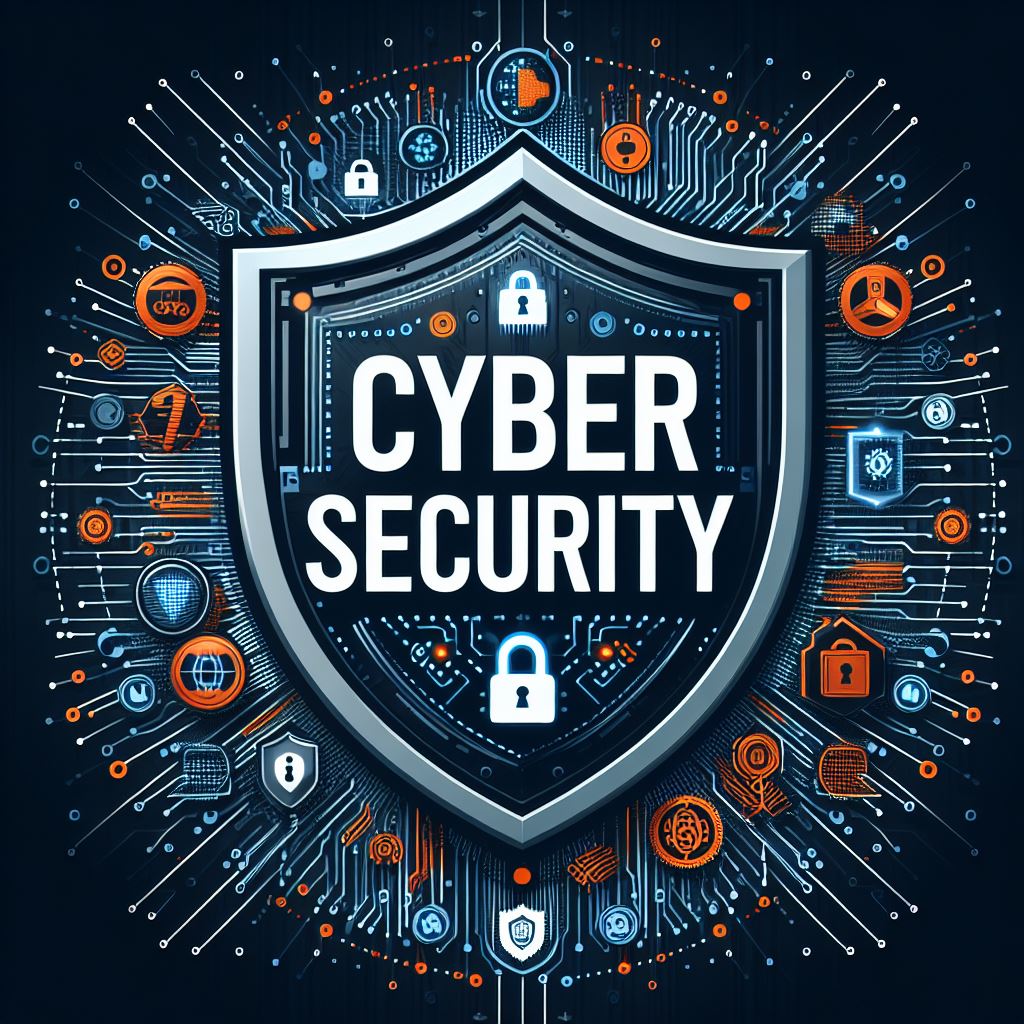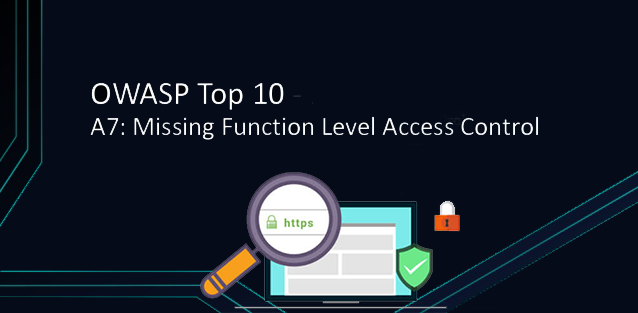Cybersecurity encompasses the practices of protecting computer systems, networks, and data from unauthorized access, use, corruption, or destruction. Today, with the spread of information and communication technologies in every field, cyber security is of critical importance for individuals, businesses and states.
Why is Cyber Security Important?
Cyber attacks can lead to the theft of personal and financial information, malfunction of systems and networks, and even pose a threat to national security. These attacks can cause serious consequences such as financial losses, reputational damage and legal sanctions.
Usage Areas of Cyber Security in Our Lives
- Protection of Personal Data: It is of great importance to protect personal data such as identity cards, bank account information and health records against cyber attacks.
- Financial Security: Ensuring the security of online banking and e-commerce transactions is one of the basic elements of cyber security.
- Protecting Critical Infrastructure: Protecting critical infrastructure such as electrical grids, water treatment plants, and air traffic control systems against cyber attacks is vital for national security.
- Information Technologies (IT) Security: Protecting the IT systems and networks of businesses and public institutions against cyber attacks is critical for business continuity and data integrity.
Things to Consider in Cyber Security
- Using strong passwords and changing them frequently
- Keeping software and operating systems up to date
- Using antivirus and firewall software
- Be careful when sharing personal and financial information online
- Avoid clicking on suspicious emails, links and attachments
- Increasing cyber security awareness and training employees
Biggest Threats in Cyber Security
- Cyber criminals: Individuals or groups who conduct cyber attacks to steal personal and financial information or damage systems.
- Foreign states: States that launch cyber attacks to harm other states through espionage or cyber warfare.
- Cyber hackers: Individuals who use a variety of techniques to gain unauthorized access to computer systems and networks.
- Social engineering attacks: Attacks designed to deceive users and obtain sensitive information.
Risks Posed by Cyber Security
- Theft of personal and financial information
- Dysfunction of systems and networks
- Material losses
- Damage to reputation
- Legal sanctions
- Threat to national security
Consequences of Cyber Attacks
- Financial losses: Theft of personal and financial information can lead to financial losses such as credit card fraud and identity theft.
- Data loss or theft: Cyber attacks can result in the loss or theft of sensitive data.
- Systems dysfunction: Cyber attacks can cause computer systems and networks to malfunction and disrupt business processes.
- Reputational damage: Cyber attacks can damage a company or institution’s reputation and undermine customer trust.
- Threat to national security: Cyber attacks can pose a threat to national security by damaging critical infrastructure or infiltrating government systems.
Ways to Protect from Cyber Attacks
- Penetration testing: These are simulated cyber attacks performed to detect vulnerabilities and vulnerabilities in computer systems and networks. Penetration tests are carried out by cyber security experts and the weak points of the systems are detected using techniques that a real attacker can use. In this way, security measures are improved and systems are made more secure.
- Security training: It is critical to increase cybersecurity awareness and train employees on topics such as how to be careful against suspicious e-mails and methods for creating strong passwords.
- Multi-factor authentication (MFA): Strengthening security by using another authentication factor in addition to a password, such as a mobile phone number, fingerprint or facial recognition.
- Backing up data: Regular backup of data prevents or minimizes data loss in case of a cyber attack.
Creating a Cyber Security Culture
Cyber security is not just a technology-related issue. It is everyone’s responsibility. Precautions we can take individually, such as protecting personal data and not clicking on suspicious links, will play a major role in preventing cyber attacks. Businesses and institutions should create a cybersecurity culture by regularly providing cybersecurity training to their employees and encouraging safe working habits.
Future Cyber Security Trends
As the field of cybersecurity is constantly evolving, cybercriminals are also developing new techniques. In the future, artificial intelligence (AI) is expected to be used by both cybercriminals and cybersecurity experts. In addition, with the proliferation of Internet of Things (IoT) devices, new security risks will emerge. Therefore, it is vital to follow innovations in the field of cyber security and use new technologies safely.
Cyber security is a critical issue to maintain our existence in the digital world. Individuals, businesses and governments can protect their data and systems by taking cybersecurity measures. Increasing cybersecurity awareness and being prepared for constantly evolving threats is essential for our digital future.








